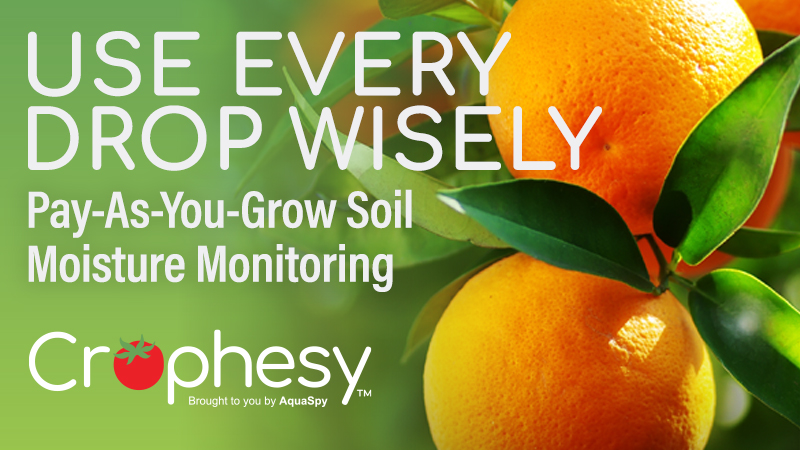Addressing Fear Over Genetically Modified Food
Michael Spector, a reporter and author of the book “Denialism,” expressed his concern about the public’s fear of science including vaccinations and genetically engineered food and their role in society this week at the American Seed Trade Association’s 127th Annual Convention in San Antonio, TX.
“People are anxious about the future and they don’t understand who is right and who is wrong,” Spector said. “Nothing in the world is without risk and this is something that American agriculture doesn’t address. There is risk. When we get in a car, 50,000 of us are going to die just this year. That doesn’t stop us from driving. Whatever our actions are, there are pluses and minuses that must be weighed.”
Spector said genetically engineered food has been planted for 20-plus years on numerous hectares. “Another word for genetically modified food is ‘food,’” he noted. “Everything has been enhanced thru time — keeping the good and getting rid of the bad. Genetically engineered food is just a more precise way of doing that.”
Agriculture and the seed industry have products with benefits that are truly remarkable, he pointed out. “The seed industry has the tools that almost no other industry has,” Spector told convention attendees, who are gathered June 26-30 to discuss and learn about seed industry issues. “There are tremendous achievements such as engineering foods to have fewer fats and healthier oils, in a nation that is so addicted to food, is outstanding.”
Spector explained that there are plants that have been modified with vitamins that would help many people in developing countries around the world, but they are rejected based on fears.
“This is a way to feed people who need to eat food,” Spector stated. “But, opposition is so severe and so fierce that it stops plants from going into the ground. Vitamin A rice is one example. There is a severe deficiency of Vitamin A, but opposition has put a stop to planting the Vitamin A enhanced rice. Products and developments such as these would save millions of human lives.”
While reporting and writing about scientific issues, Spector observed that people cling to what they believe is reason to deny or run away from something. “Like every technology, things can be used for good or bad,” he said. “Technology moves us forward, not backward.”
He defined “denialism” as embracing fiction instead of the reality of every day. “We embrace it because the alternative makes us angry,” Spector explained.
Businesses in the agricultural world that want to get their products accepted need to do a better job, he said. “For too long, scientists, agricultural people, pharmacists and government have believed if science is on your side then that’s enough,” Spector said. “That’s not the case. Look at vaccinations. Why is half of the United States not vaccinating their children for whooping cough? Eventually polio could come back. Why? Because it is in other parts of the world and we have airplanes. This could happen if we don’t start doing a better job.
“We could pretend this isn’t a problem but that is disgraceful and it’s fooling people. We need to move away from embracing fear to embracing reality.”
Spector said he believes that in order for people to embrace reality, the scientific and agricultural communities need to start talking. “Pharmaceutical companies are terrible about this,” he said. “They are in such a defensive crouch; they don’t want to talk about anything. Others will talk and those who talk and communicate get their story across.”
Agriculture has an amazing story, but people don’t understand it, Spector mentioned. He encouraged convention attendees and others in the agricultural community to start talking.
“Get out there and talk about what you are doing and what your products do,” he said. “We have a semantic problem and we need to address it. Reach out and talk to kids. Talk to everyone.
“Talk about what would happen if there wasn’t farming. Talk about what the world would look like without roads, without automobiles. I know what that world is like, because I spend a lot of time in Africa. When tomatoes grow, they go bad because farmers can’t get them to the market.”
For a billion people to go to bed hungry every night in this world and for us to try to prevent that situation from changing is an enduring shame, he said.
“We’ve got the science and we can change this, but it will never happen or be accepted if we don’t talk about it,” Spector explained. “We have to be willing to acknowledge and talk about the theoretical risks. It’s scary. There are downsides and we need to be willing to talk about them. I believe the benefits far outweigh the downsides.”
“I went to fancy farmers market a couple weeks ago in New York and there was guy selling milk,” Spector told. “But it wasn’t just regular milk; he was selling raw milk. One of the greatest advances we’ve had in this country was to pasteurize milk. To go to a fancy market and buy fancy milk and have some guy selling me raw milk is wrong. I hope you will do your part and help stop this.”
Source: American Seed Trade Association news release









